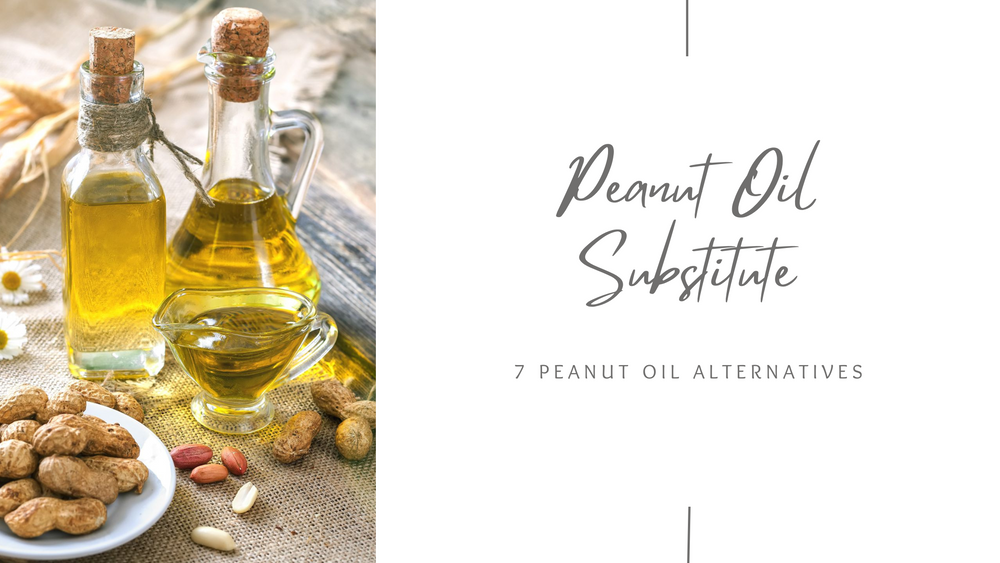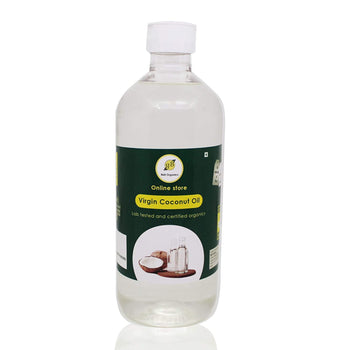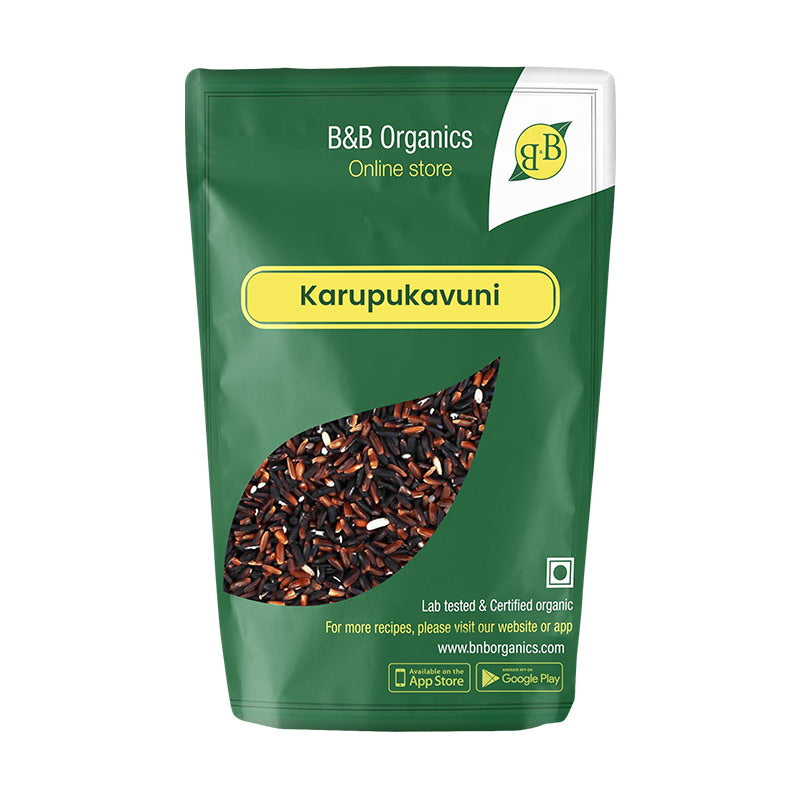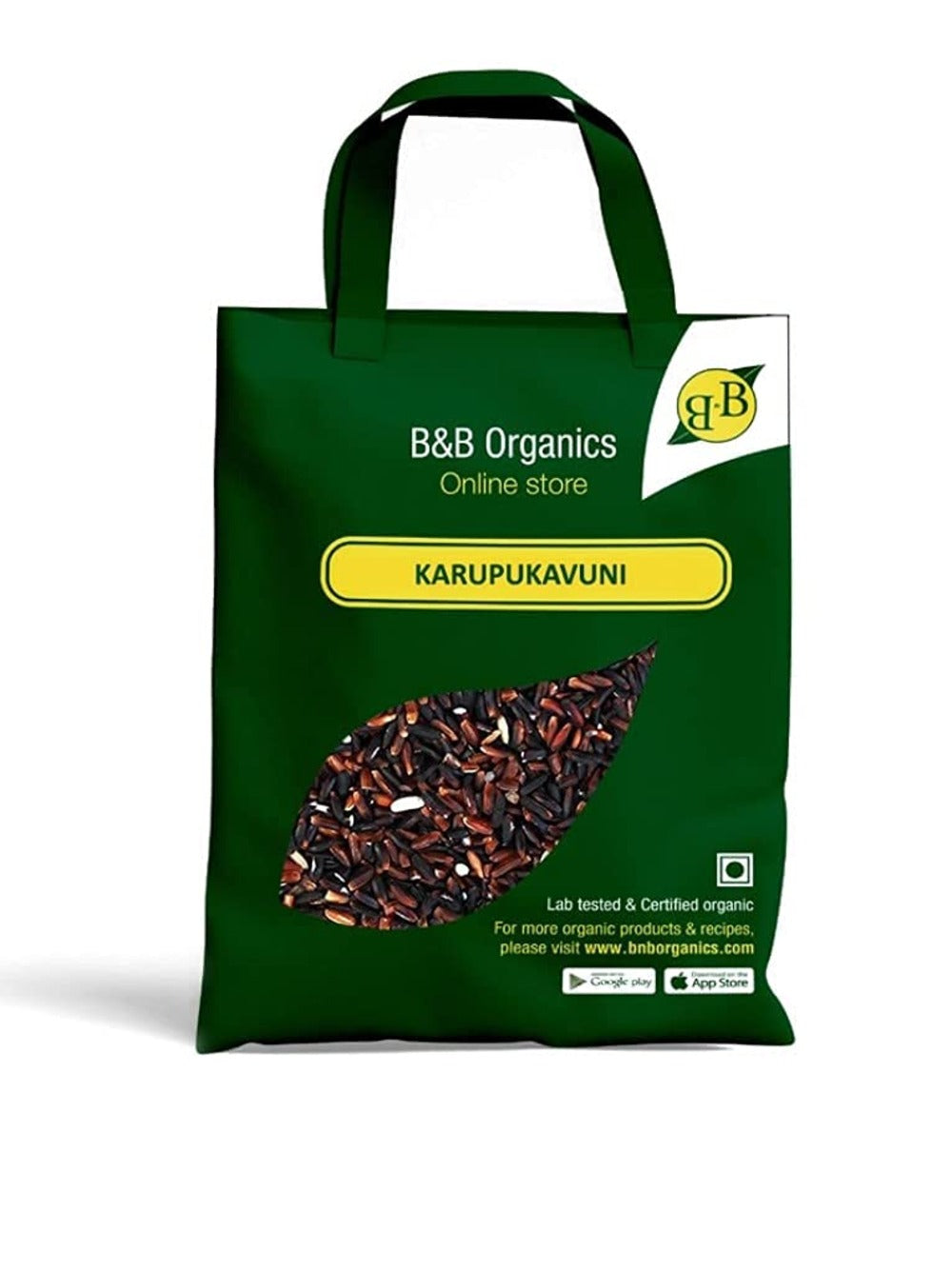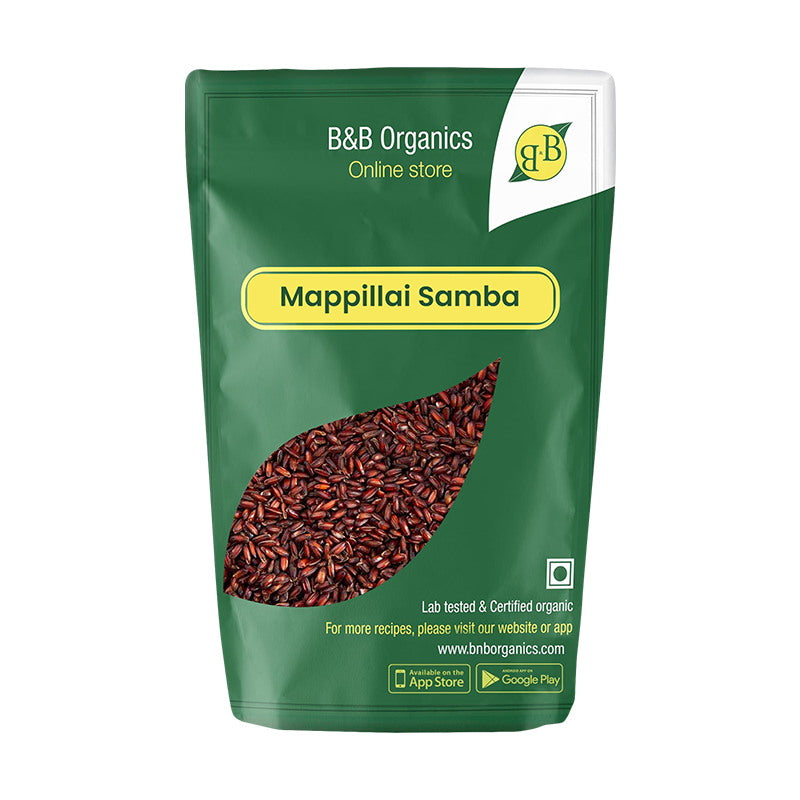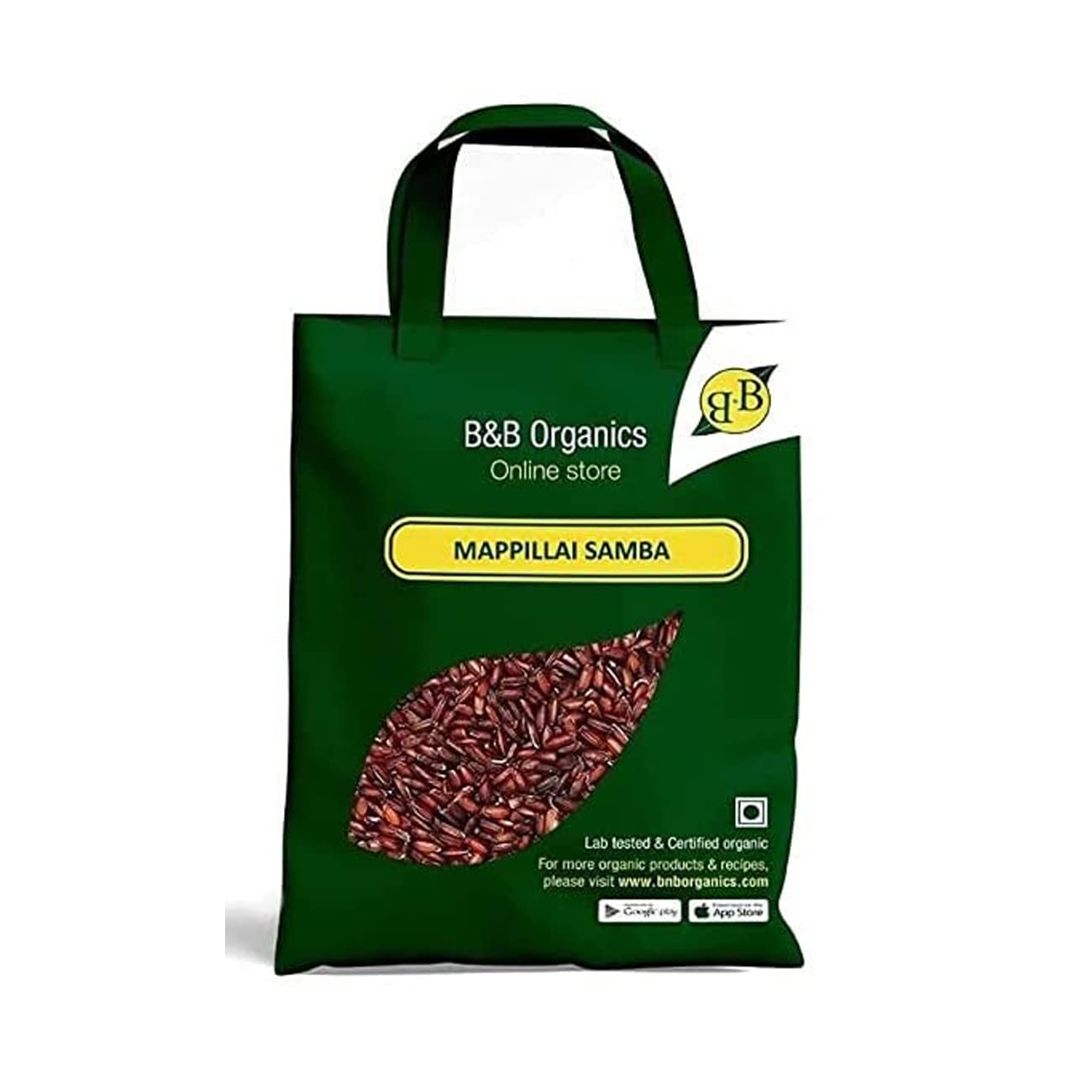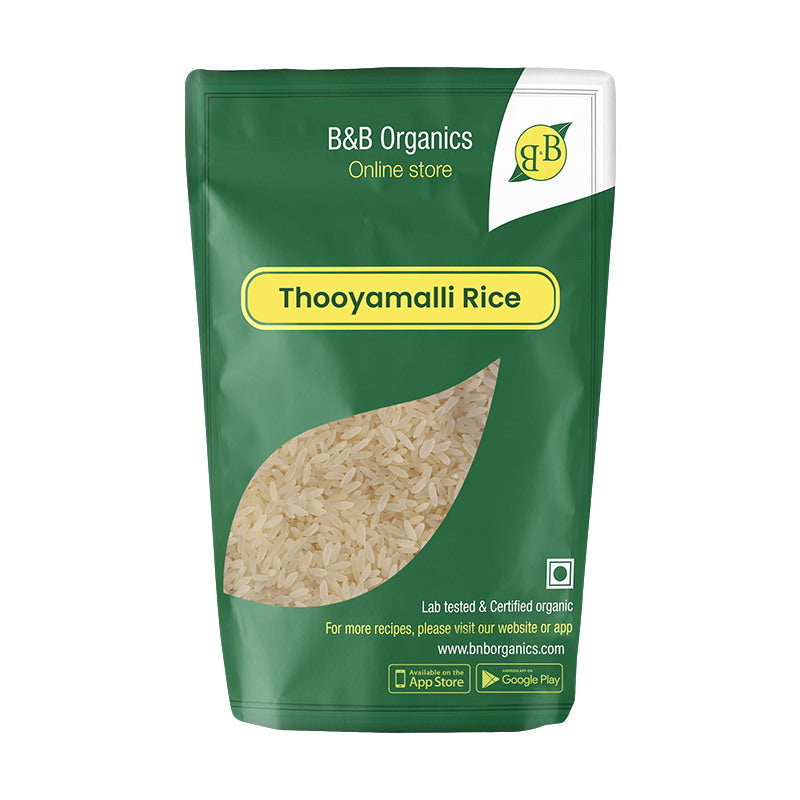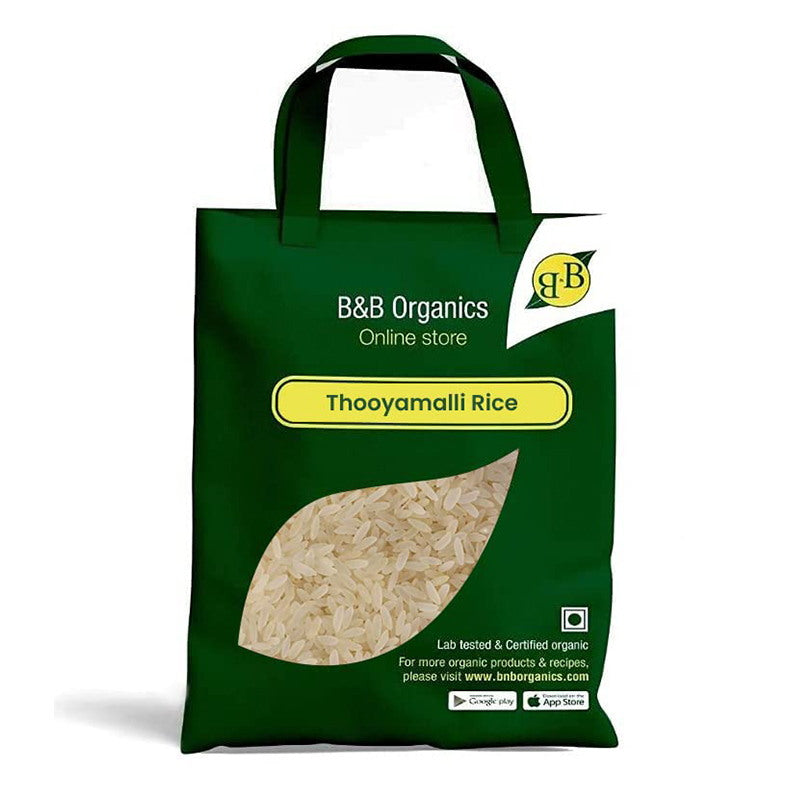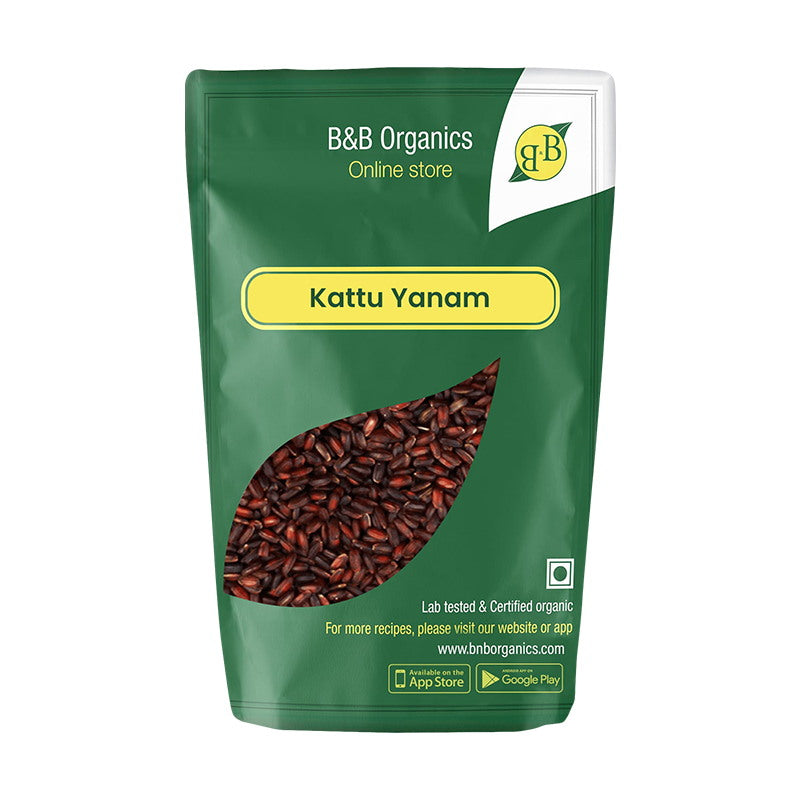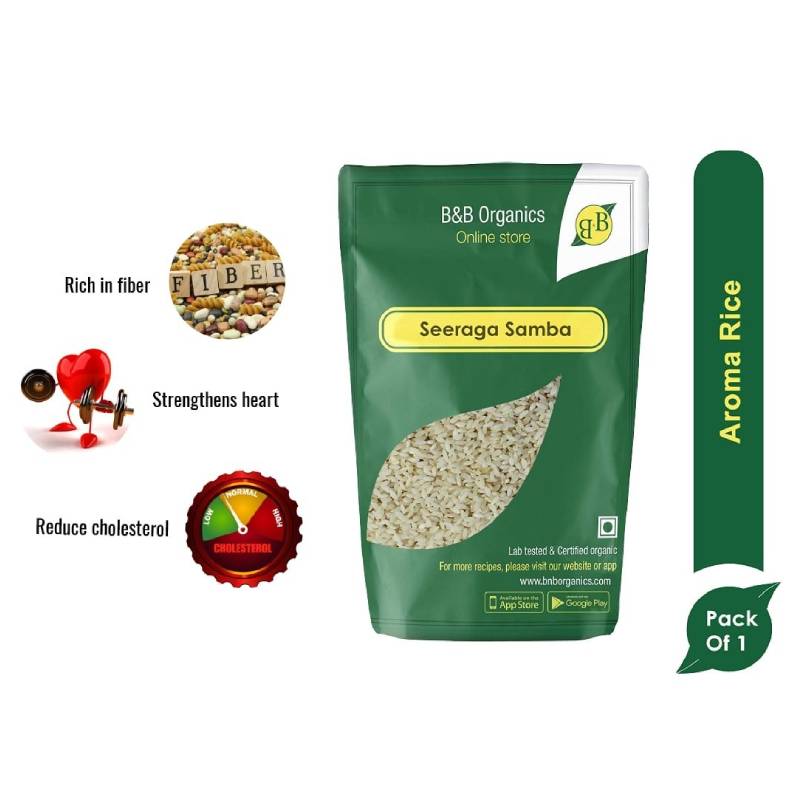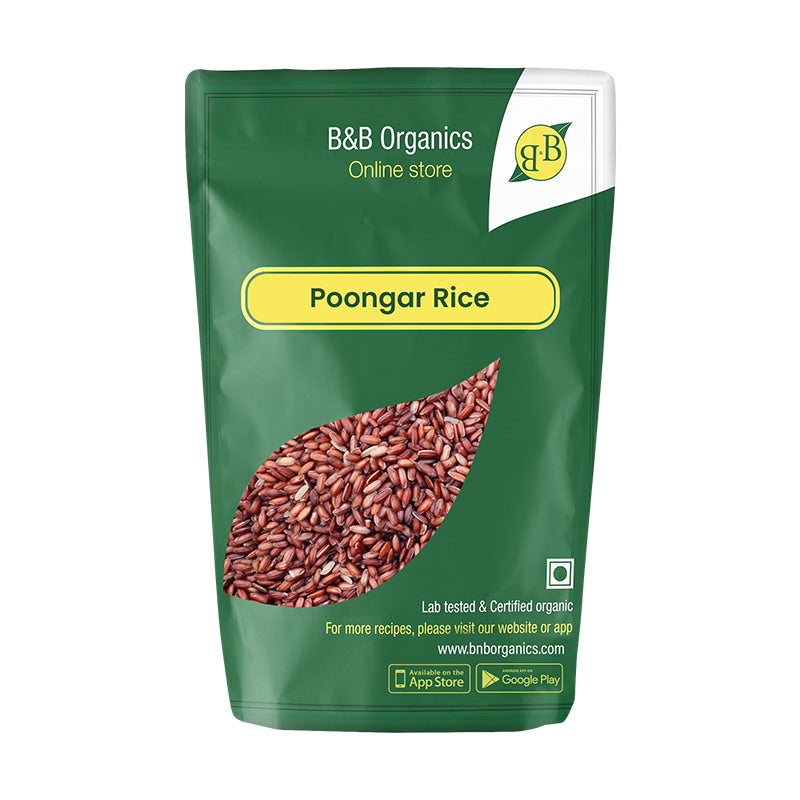There are substitutes for peanut oil if you're trying to cut it from your diet as you do not want to risk enraging an allergy to peanuts or if they induce you to tear out.
So what's the best alternative to peanut oil? Sesame is the best replacement for peanut oil if you're seeking to replace the ingredient due to its similar nutty taste. Canola, grapeseed, or sunflower oil are your top choices if you require an oil for frying that has equivalent cooking characteristics.
Peanut Oil: What Is It?
A sort of vegetable oil called peanut oil is obtained from the seedlings of the

peanut plant. Because of its high flashpoint, peanut oil, which is commonly used in cooking, is great for frying
Although there are some health advantages to using peanut oil, you must be aware of the possible risks as well.
Vitamin E, an antioxidant that decreases heart disease risk and assists with diabetes care, is plentiful in peanut oil. It puts you at higher risk for some illnesses, though, as it is also significant in pro-inflammatory omega-6 fatty acids and is oxidized.
The top 7 alternatives to peanut oil are:
Almond Oil:
Almond oil is more pricey but, in contrast to peanut oil, may be nutritious.
There are 2 different types of almond oil, with each having a particular use in cooking. The cold-pressed variety is what you need for dressings. This tends to work well for dressings and sauces on salads and other cold dishes. Pick refined almond oil for frying.
Almond oil contains omega-3 fatty acids, vitamin E, and polyunsaturated and monounsaturated fats, which are vital for reducing both bad cholesterol and good cholesterol. It might also be beneficial for your skin, as per previous research.
Grape Seed Oil:
The bland flavor of grape seed oil makes it an ideal substitute for peanut oil, among many other benefits. As a consequence, once fried, you won't get unordinary flavorings.
The negative? In contrast to other choices, it is a little expensive. It will be valuable for cooking, such as searing or sautéing, so use it sparsely. It also has several fantastic benefits that are linked to reduced cholesterol and bolstered cardiovascular health.
Canola Oil:
Another excellent option for frying that can endure extreme temps is canola oil. Canola oil is a healthy replacement if peanut oil is off the table as it contains essential omega-3 fatty acids that assist prevent chronic illnesses and monounsaturated fats that aid with cardiovascular health.
Sunflower Oil:
Sunflower oil is a nutritious alternative to peanut oil. It has an elevated monounsaturated fat content, related to canola oil, and also contains vital omega-6 fatty acids as well as vitamin E.
With a 450-degree smoke point, sunflower oil not only is ideal for frying and deep frying but it can also be utilized to substitute butter in baking, offering a healthier choice.
The only problem with sunflower oil? As it includes nuts, it is recommended that you carry on it if you are allergic to peanuts and avert using that oil.
Safflower Oil:
Safflower oil, a relative of the sunflower and like similar substitutions, has a high smoking point and is perfect for sautéing, deep frying, and searing.
There are no overpowering flavors, so there are no undesirable aftertastes to worry about when cooking, just like grape seed oil. Omega-6 fatty acids are plentiful in it, making it a heart-friendly choice.
Walnut Oil:
It is more pricey than most things. It's far better as a dressing than cooking oil. In addition to essential fatty acids, it also contains a lot of antioxidants, which have health advantages.
Vegetable Oil:
Vegetable oil is potentially among the most broadly used cooking oils and is a cost-effective option.
Several of the earlier replacements we mentioned, especially canola and safflower, are referred to as "vegetable oils." Check the nutritional info twice, because some are packed with saturated fats.


